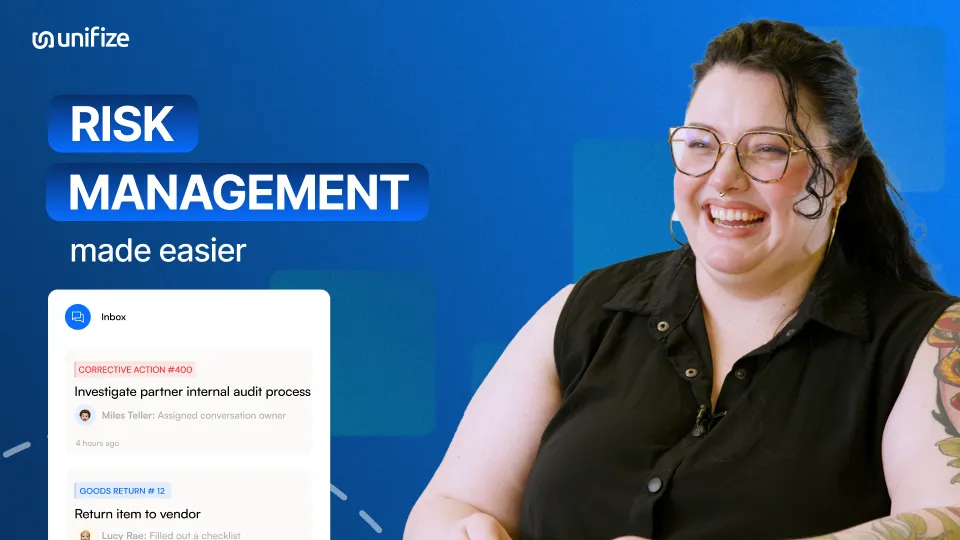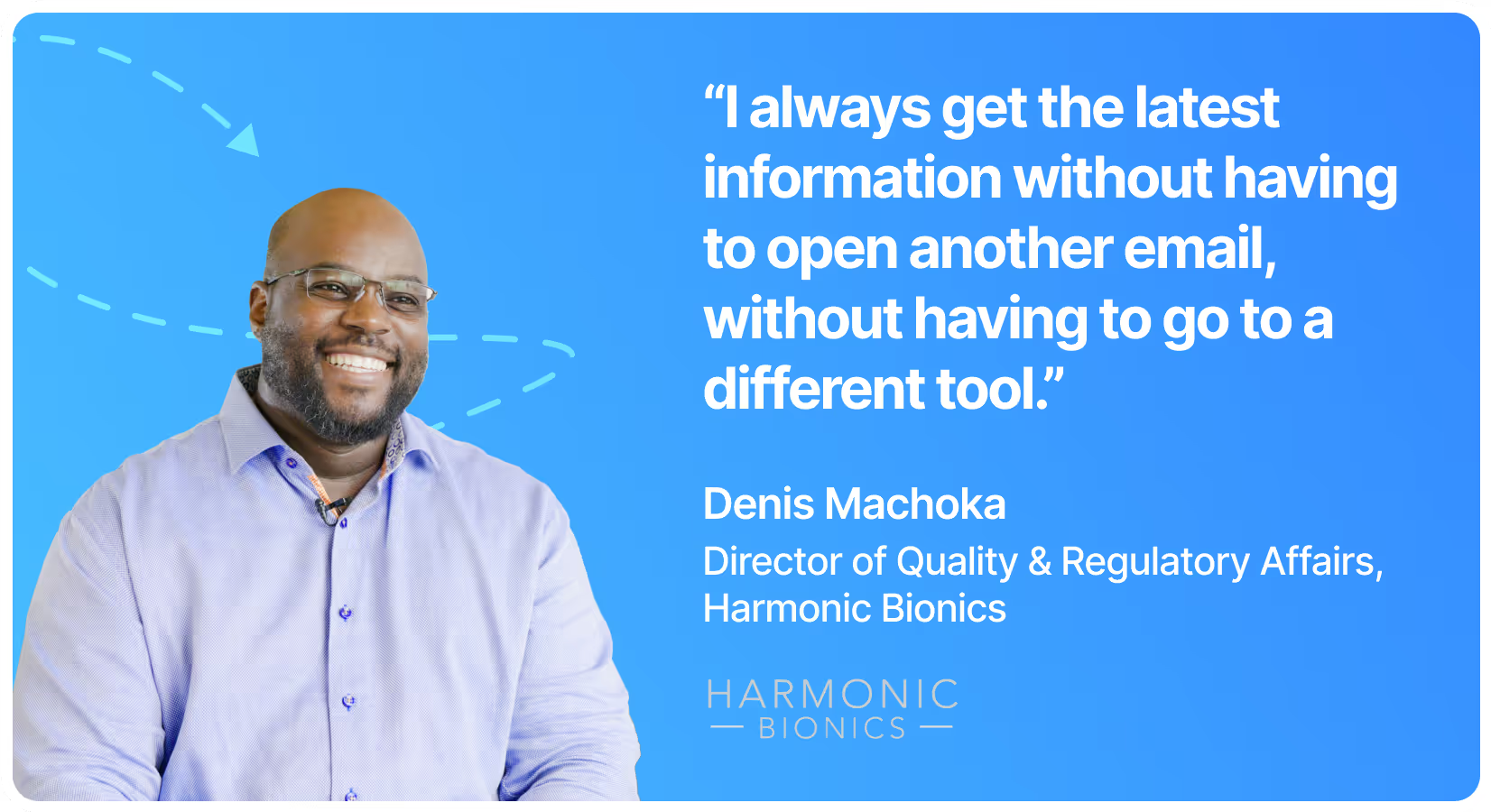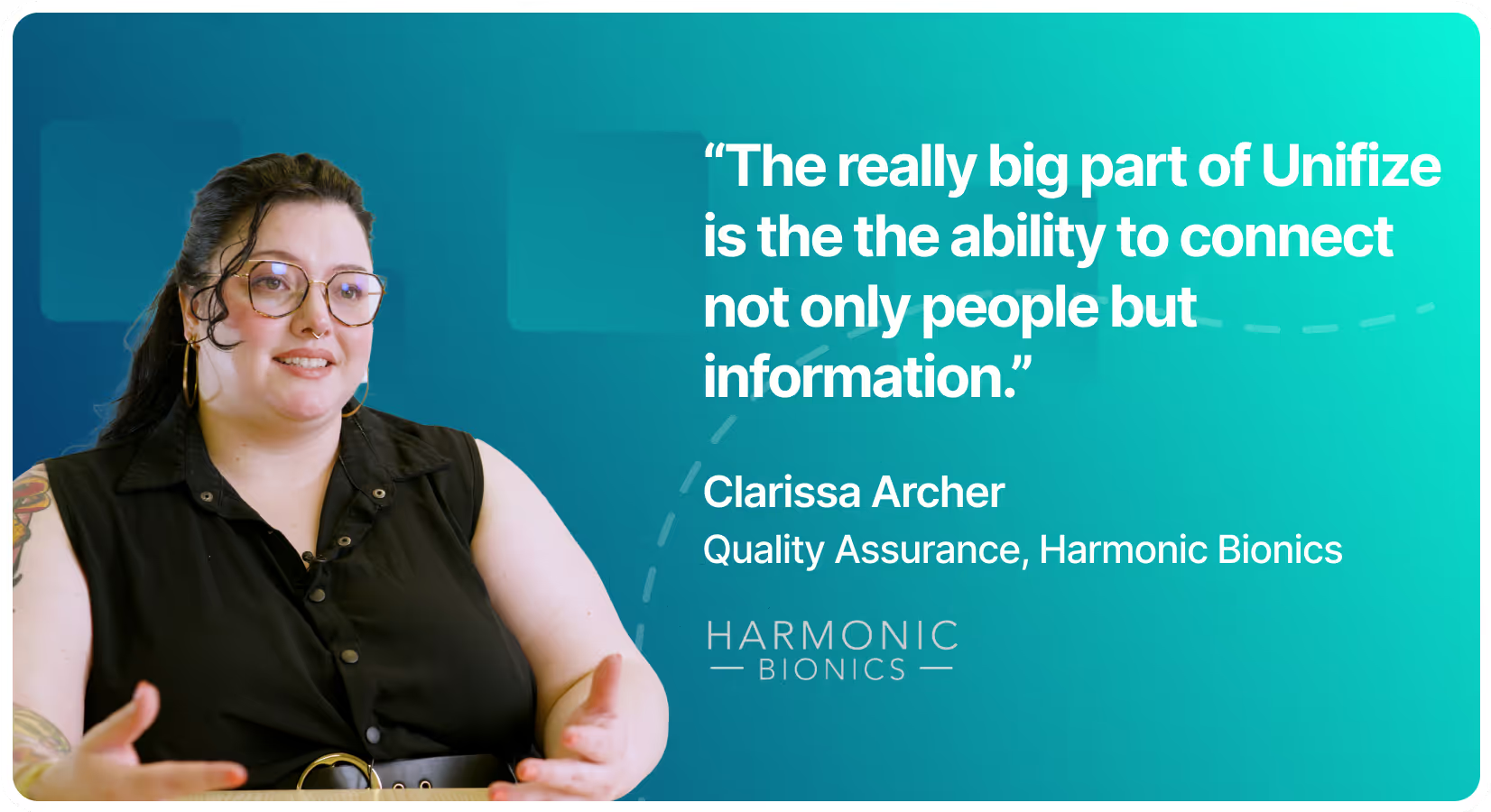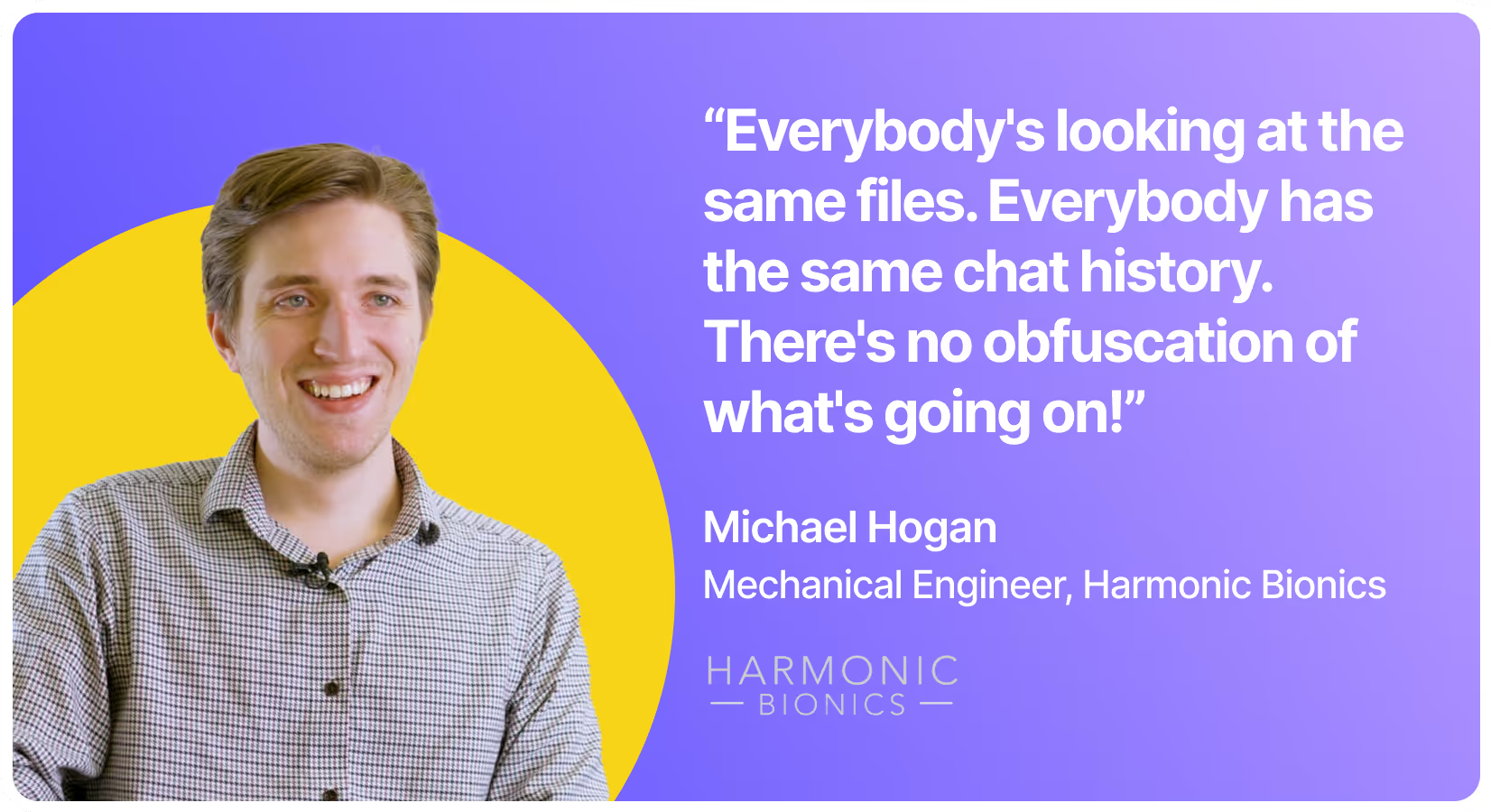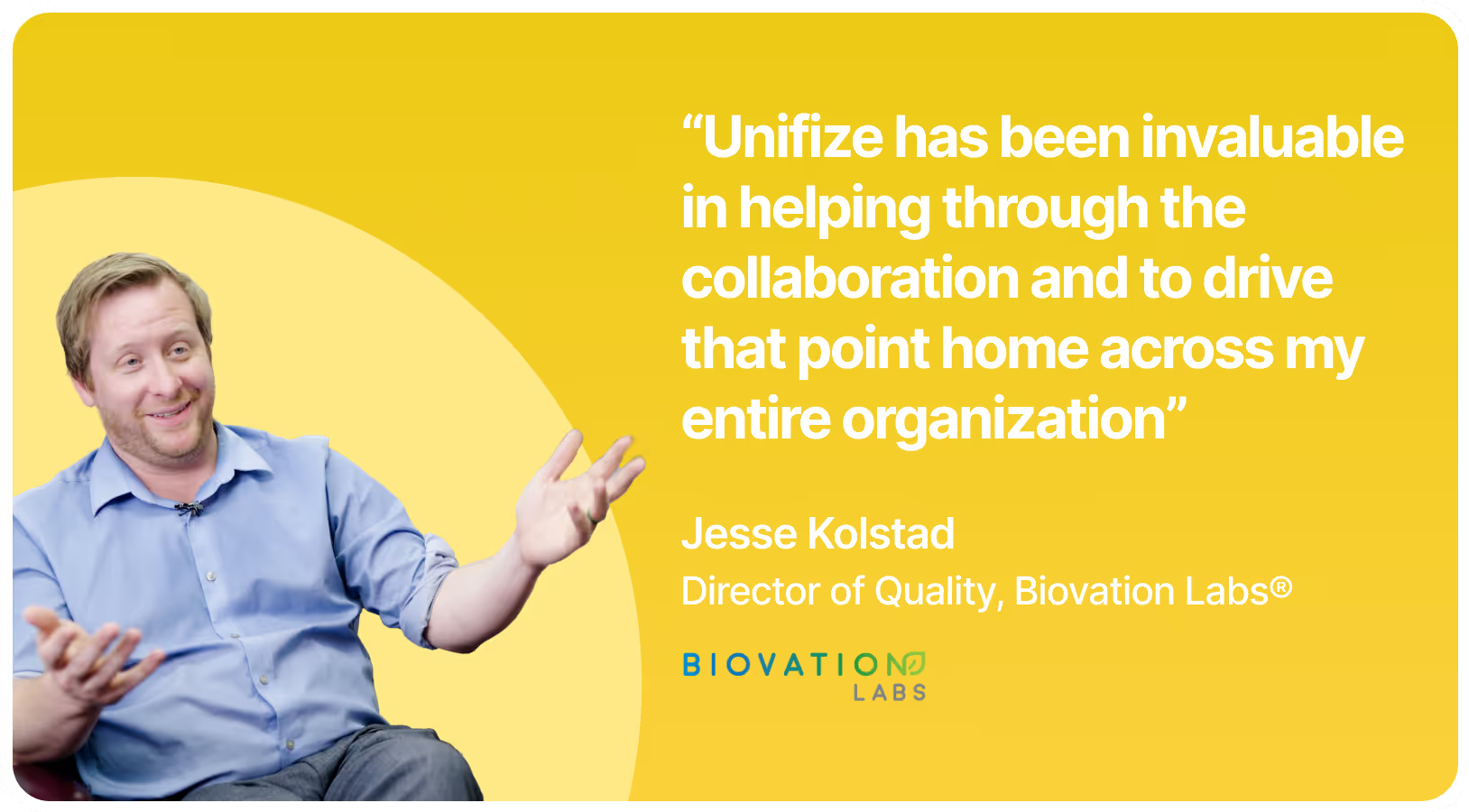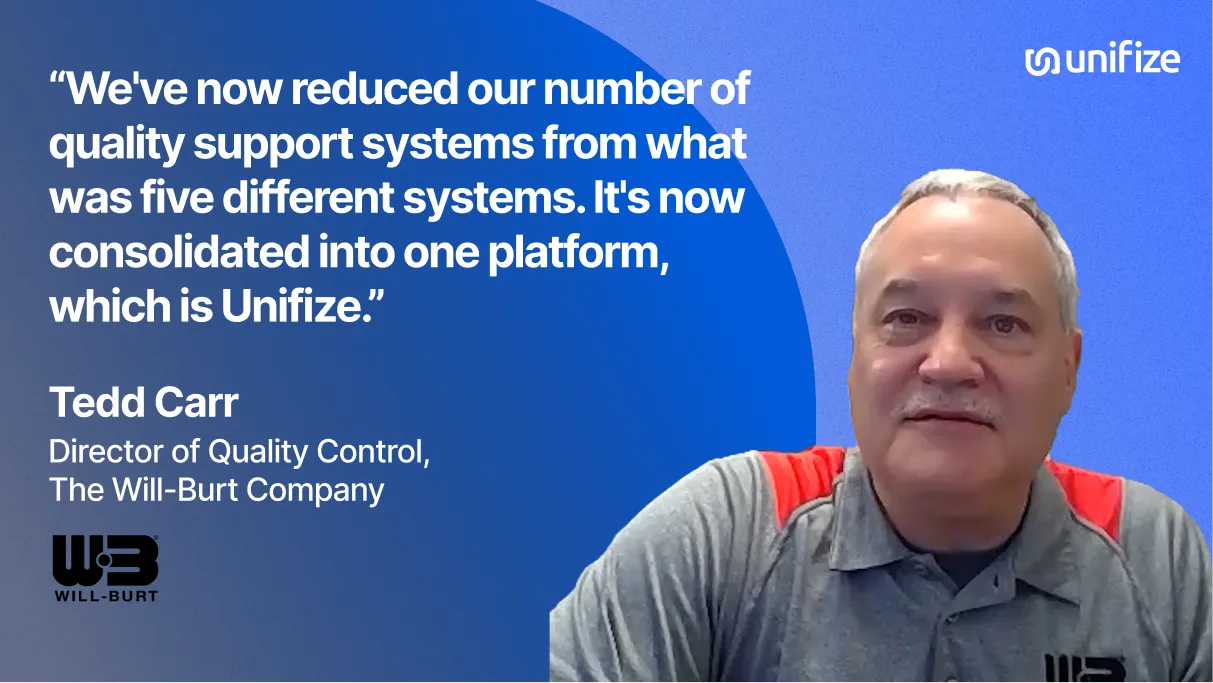Content Library
Denis Machoka emphasizes the importance of overcoming the inherent fear of new technologies in the quest for compliance. He advocates for education to bridge the gap between rapid societal advancements and slower professional tech adaptations, stressing the need for agility in today's fast-paced world.


